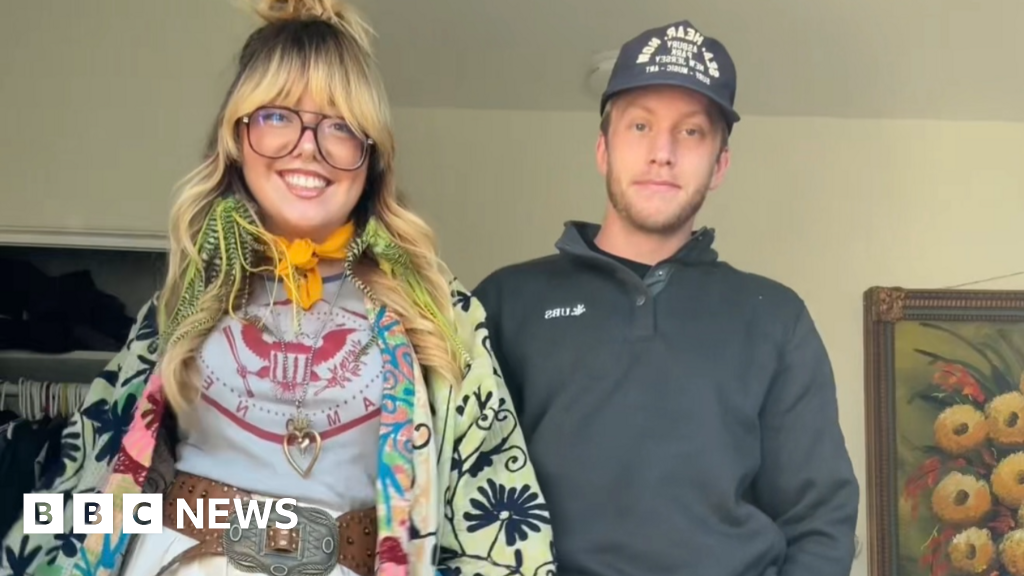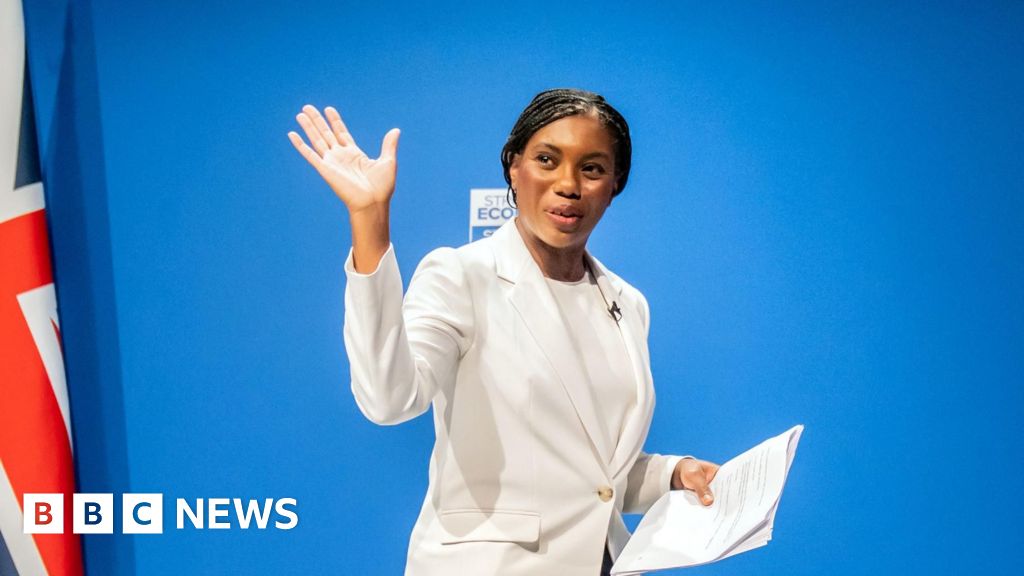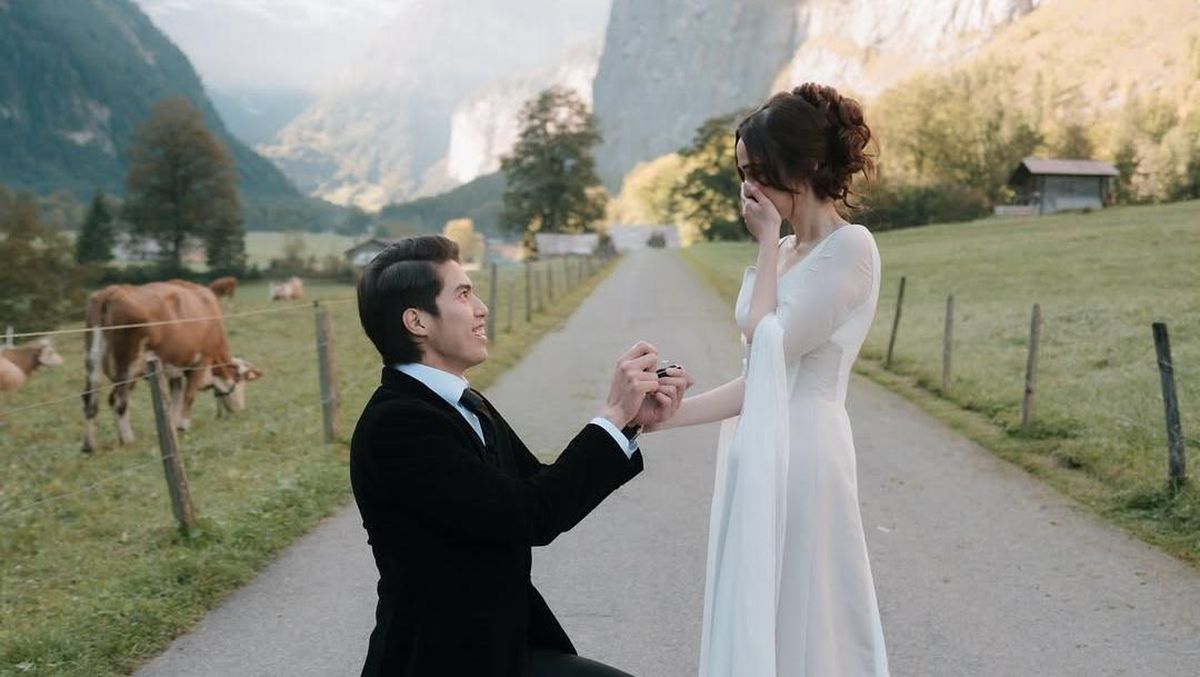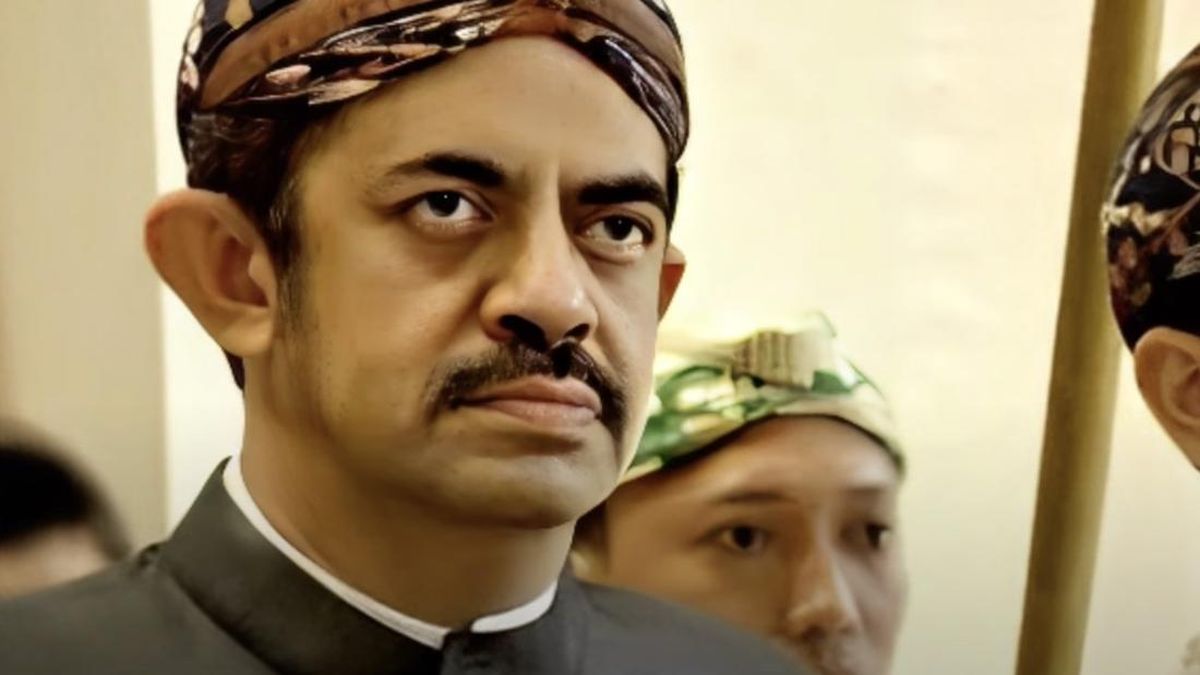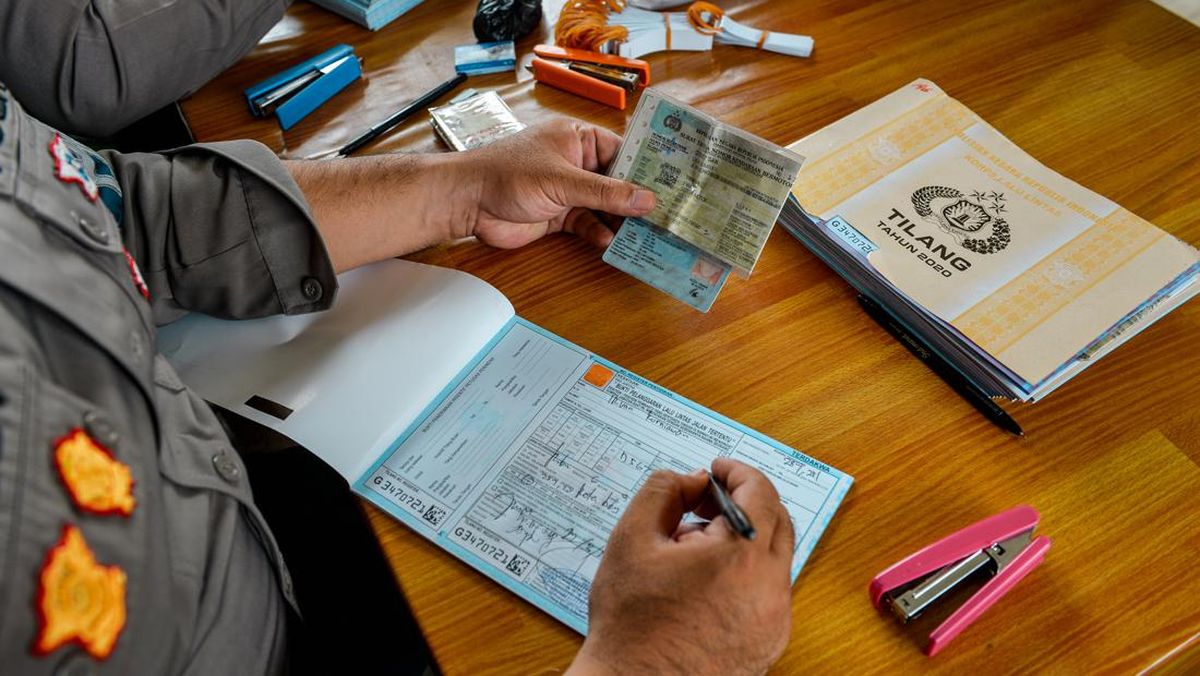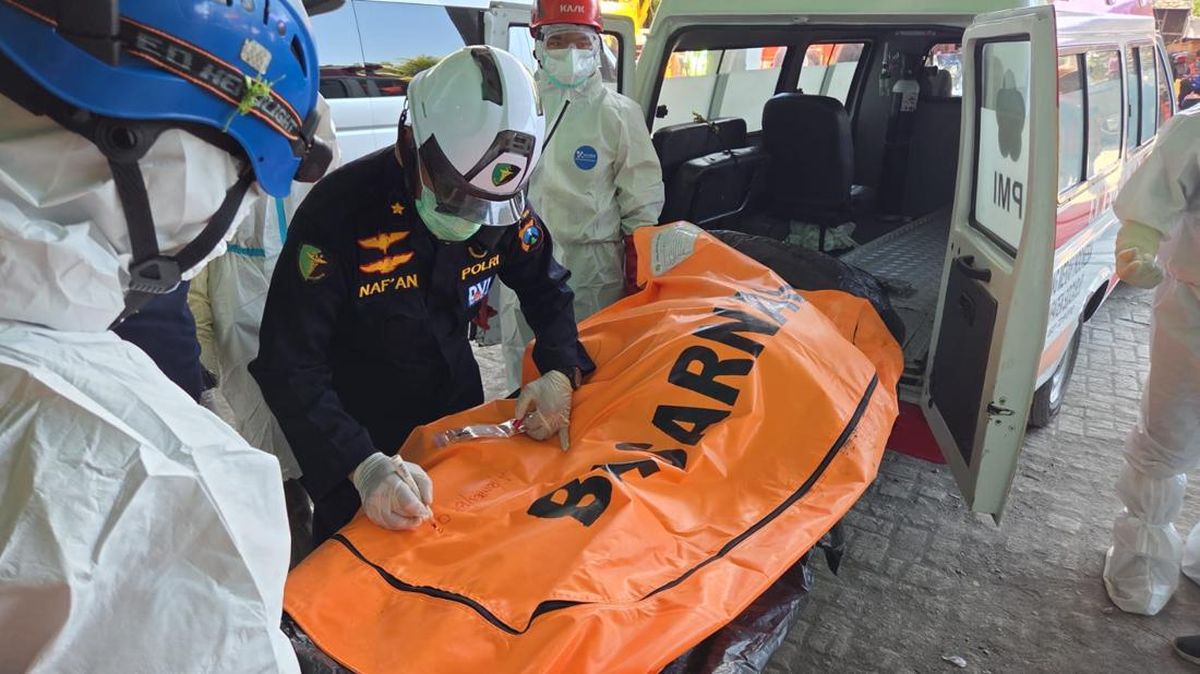Rob Reiner: The 60 Minutes Interview
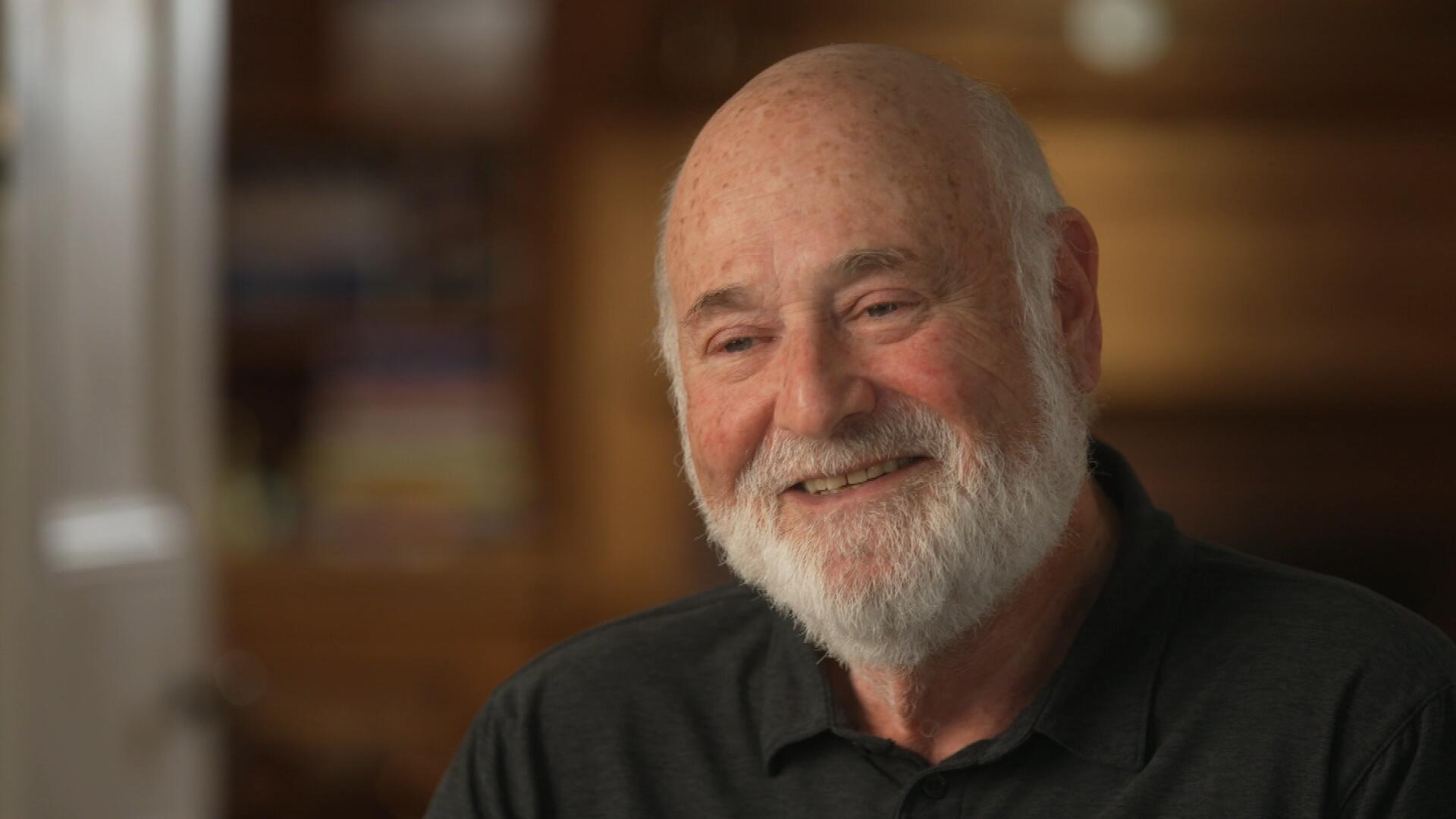
It's been more than 40 years since Rob Reiner made his first movie but the award-winning actor and director said he still has no idea if his films will work.
His illustrious directing career started in 1984 with his first film — "This is Spinal Tap," which was made with a four-page outline and no script — and continues with his latest film, "Spinal Tap II: The End Continues."
"People would say, 'I can't believe your first movie would be improvised, there'd be no script. And that's scary.' And, to me, it was the opposite. I wasn't scared," Reiner said.
From acting to directing
Reiner may be best known as a director now, but he started as an actor. He trained in theater and improv at UCLA. At 23, he was cast by producer and family friend Norman Lear to play left-wing Michael Stivic, aka "Meathead," opposite Carroll O'Connor's Archie Bunker in "All in the Family."
He thought the show would last 13 weeks. It turned into eight years, five of them as the top show in the country. Reiner had recently finished his stint on the show when he came up with the idea for "This is Spinal Tap."
 Rob Reiner
60 Minutes
Rob Reiner
60 Minutes
The film is a fake documentary about a fake band that satirizes the antics of real rock musicians, both on stage and off . But it wasn't easy raising money for a film with no script that the audience might think was about a real band. Reiner made a demo reel and gave it to an executive.
"And he went, "No. Not this. No, we don't want this,'" Reiner said.
After multiple rejections, Lear and executives at Embassy Pictures agreed to a meeting. Reiner made what he called an "insane pitch," then walked out of the room. Lear then advocated for the idea to the others, Reiner said.
"Ya gotta let him do it, he's so crazy," Lear said, according to Reiner.
The film featured cameos from Billy Crystal, Paul Shaffer and Fran Drescher; however, what Reiner says really made the film a success was the talent of Christopher Guest, Michael McKean and Harry Shearer, who wrote and played all the songs themselves, and improvised every scene.
Reiner directed the movie and also played documentary director Marty DiBergi in the film. It became a cult classic.
The high bar for Reiner
Since releasing "Spinal Tap," Reiner continued acting and has gone on to direct more than a dozen other feature films, following in the footsteps of his father Carl Reiner, one of the biggest, funniest and most beloved actors, writers, and directors of his day. There was a time in his life when the younger Reiner wanted to change his name.
"My father thought, 'Oh, my God, this poor kid is worried about being in the shadow of a famous father,'" Reiner said. "And he says, 'What do you want to change your name to?' And I said, 'Carl.' I just wanted to be like him."
Reiner may have wanted to be like his father but he also felt that his father didn't get him when he was young. He remembers finally feeling understood one day when he was playing jacks with Lear's daughter.
"Norman says to my dad, 'You know, this kid is really funny.' And I think my dad said, 'What? That kid? That kid? He's sullen. He sits quiet. He doesn't, you know, he's not funny.' He didn't think I was anyway," Reiner said.
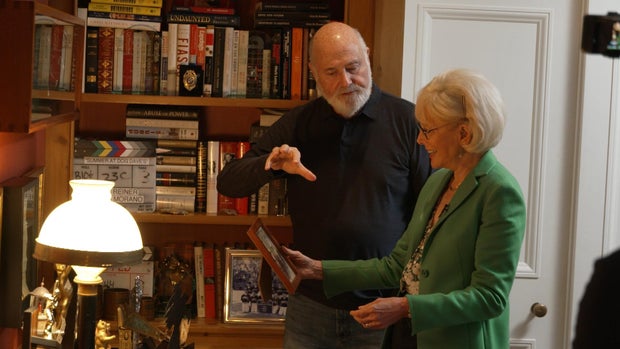 Rob Reiner and Lesley Stahl
60 Minutes
Rob Reiner and Lesley Stahl
60 Minutes
A painful scene in his 1986 movie "Stand By Me," during which a character breaks down in tears saying his father hates him, was autobiographical, Reiner said.
"That's a scene I wrote in a hotel room in Oregon, and as I'm writing this scene, I'm crying. I'm actually crying," Reiner said. "When I was making it, I knew that he loved me and he did understand me. But as a little boy, that's what I felt."
When Reiner was a teen, he came up with a joke and suggested it to his father and Mel Brooks, and they used it in one of their most famous routines. .
"And it was the greatest, I felt like, the greatest validation at age 16," Reiner said.
Reiner's study now is full of mementos from a career that would make any father proud. He's continued to act and recently had a guest-starring role in "The Bear." Reiner also directed some of the most memorable movies ever, including "The Princess Bride," "A Few Good Men," and "When Harry Met Sally."
Reiner gave his mother a turn to star in Meg Ryan's famous deli scene in "When Harry Met Sally" — she's the older woman who wants what Ryan's character Sally is having. Reiner discovered it can be awkward having one's mother on set as he coached Ryan through her fake orgasm. The director didn't feel Ryan was going far enough at first, so he stepped in to show her what he wanted.
"I'm pounding the table, 'Yes! Yes! Yes!' And I'm realizing I'm having an orgasm in front of my mother, you know? There's my mother over there," Reiner said.
Another family member also played a role in how "When Harry Met Sally" turned out. Reiner actually changed the movie's ending to a happy one after he met his now-wife Michele, with whom he has three grown children. She's a producer on several of his films, including the new "Spinal Tap."
Returning to "Spinal Tap"
Fans clamored for a sequel to Reiner's first film for years, but neither its director nor the actors owned the rights. Then Shearer sued and got the rights back.
"What are we, crazy to do another one? It's crazy," Reiner said. "The bar is just way too high."
The original did OK in theaters but became a sleeper hit on home video, credited with launching the mockumentary genre.
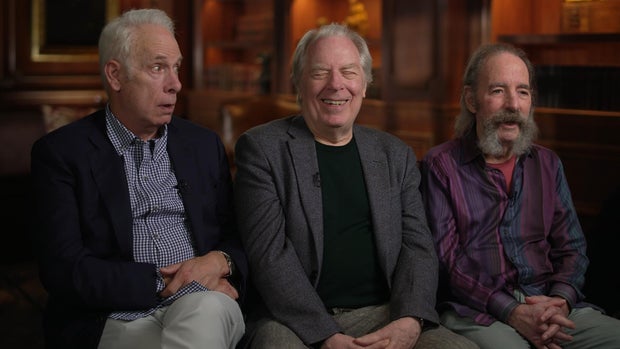 Christopher Guest, Michael McKean, Harry Shearer
60 Minutes
Christopher Guest, Michael McKean, Harry Shearer
60 Minutes
The new film, about Reiner tracking down the original band members for a reunion concert, is improvised, just as the original was. It features some repeat cameos and some new big ones, including music legends Elton John and Paul McCartney.
During production, Reiner, now 78, went back and forth between the stage and his director's set up behind the stage, always playing one role or the other.
"It's making me nuts," he said.
Even with the success of the original and so many other films behind him, Reiner said he never has any idea if his films will work.
"If I like it, then I say, 'Well, at least I like it,'" Reiner said. "Hopefully somebody else is gonna like it."
One of America's most recognized and experienced broadcast journalists, Lesley Stahl has been a "60 Minutes" correspondent since 1991.


